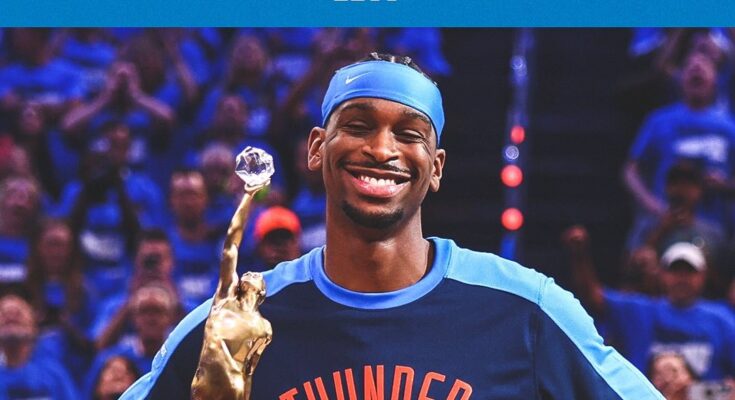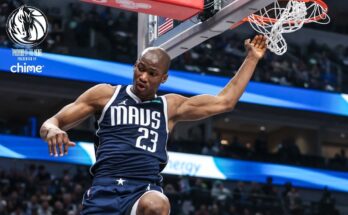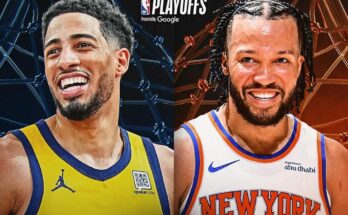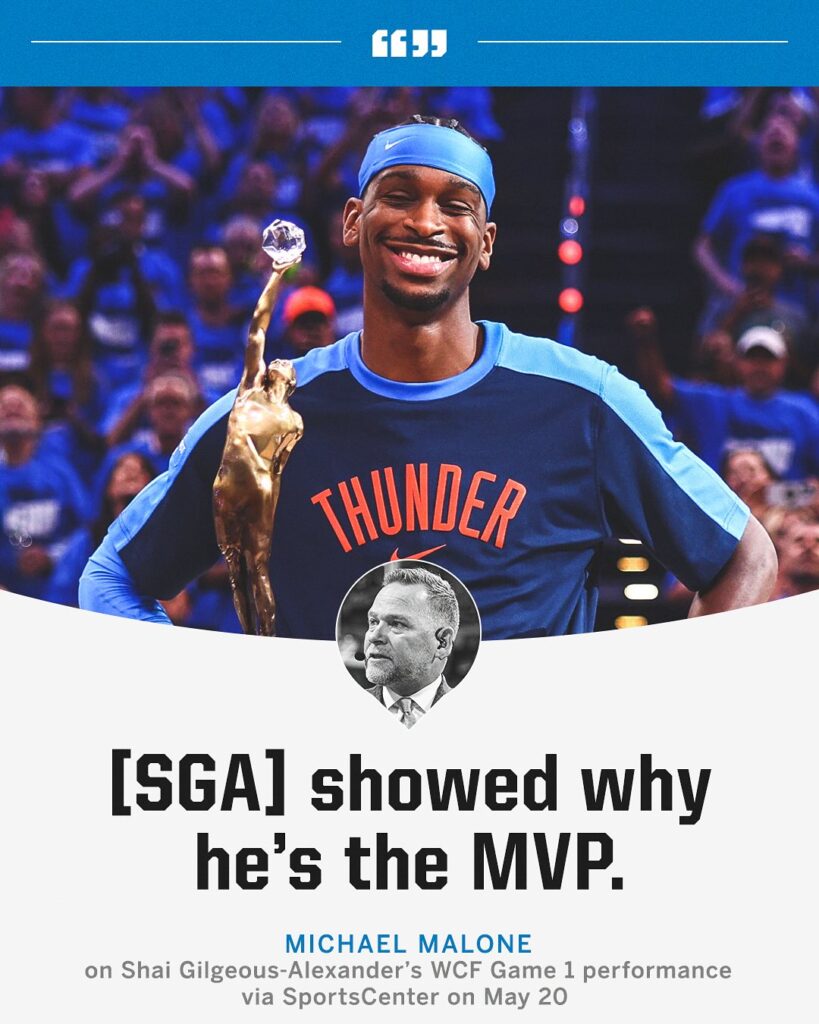
Every spring, as the NBA regular season comes to a close and the playoffs begin, one question stirs up more debate than any other: Who is the Most Valuable Player? It’s a simple award in theory—recognizing the league’s best player for that season—but in practice, it’s anything but. The MVP debate in the NBA is rarely straightforward. It’s a swirling storm of narratives, stats, opinions, and—sometimes—controversy.
Ask ten fans or analysts who their MVP pick is, and you might get ten different answers. Some will argue it’s about numbers—points, rebounds, assists, efficiency. Others say it’s about team success. A few will point to leadership and intangibles. And others still will lean into the storylines: overcoming adversity, carrying an underdog team, or redefining what’s possible on the court.
This complexity is what makes the MVP race so captivating—and so polarizing.
Take recent years, for example. Nikola Jokic won the award in 2021 and 2022, dazzling the league with his one-of-a-kind blend of size, skill, and IQ. Then Joel Embiid claimed it in 2023, putting up monster numbers and finally getting his due after finishing as a runner-up twice. Yet in both cases, the discourse was heated. Was Jokic too “analytical”? Was Embiid simply benefiting from “voter fatigue” against Jokic? Was team success being weighed more heavily than individual dominance?
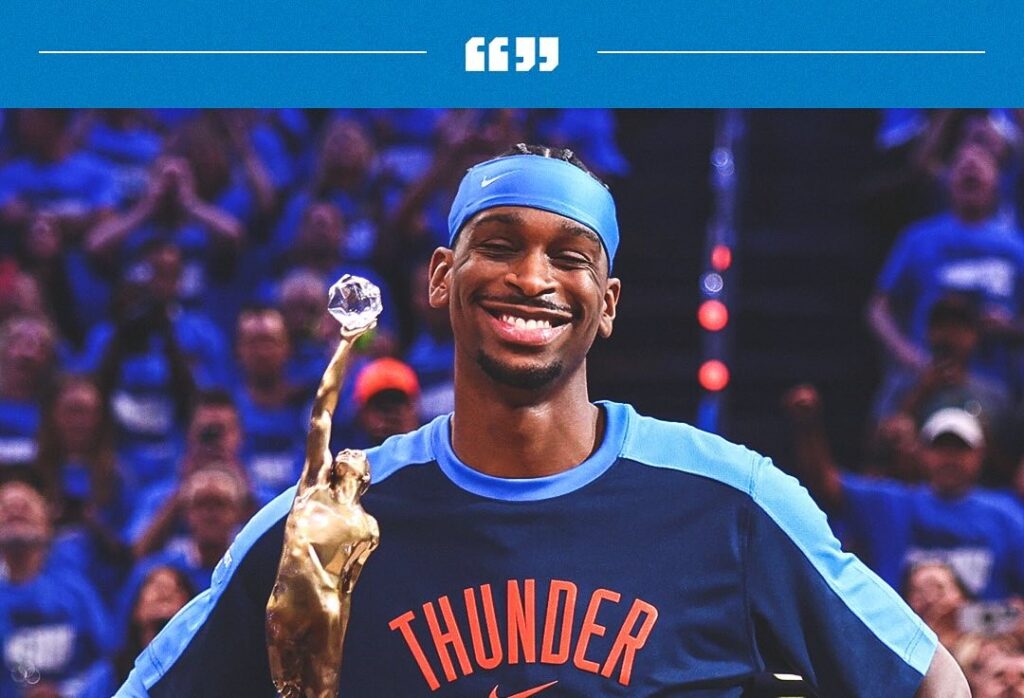
And that’s the thing—there’s no official checklist for what defines an MVP. The NBA provides loose guidelines, but voters—mostly media members—are left to interpret the award on their own terms. Some prioritize impact on winning. Others care about raw production. Some gravitate toward flashy highlights and market visibility. And then there are those who lean into advanced metrics like Player Efficiency Rating (PER), Win Shares, or Value Over Replacement Player (VORP).
It all adds up to a messy, unpredictable, and deeply subjective process.
In the 2024–2025 season, the MVP race once again became a battleground of perspectives. Luka Dončić averaged over 34 points and flirted with triple-doubles on a nightly basis. Shai Gilgeous-Alexander emerged as the leader of a surging Thunder squad, combining scoring efficiency with defensive tenacity. Giannis Antetokounmpo continued his all-around dominance for Milwaukee, while Jayson Tatum led Boston to the league’s best record. And of course, Nikola Jokic did what he always does—quietly, methodically putting up near-triple-doubles with surgical efficiency while anchoring the Denver Nuggets on both ends.
Each of these players had a case. And each had their detractors.
Video: Kate Hudson Behind the Scenes Cover Shoot | Shape
Luka’s critics pointed to Dallas’s inconsistency. Shai’s skeptics questioned whether he had the résumé or media presence. Giannis’s numbers were there, but voter fatigue lingered. Tatum’s supporters highlighted team success, while doubters wondered if he was truly the “engine” of the Celtics. And with Jokic, it was more of the same: How do you measure a player whose brilliance is often understated and whose style isn’t always TV-friendly?
Then there’s the role of narrative—a powerful force in MVP voting. Fans and media alike are drawn to stories. A player bouncing back from injury, carrying a struggling roster, or silencing critics can sway opinions even if their stats aren’t quite as strong. This season, for instance, Gilgeous-Alexander’s rapid ascent and the Thunder’s unexpected dominance created a compelling underdog arc. Meanwhile, Dončić’s nightly highlights and clutch performances made him a media darling.
But that brings us to the question at the heart of the MVP debate: What does “valuable” really mean?
Is it the best player in the league? The most productive? The one whose absence would hurt their team the most? Or is it simply the player who captured the moment best across 82 games?
Everyone seems to answer it differently—and that’s why the debate rages on.
Even former players and coaches can’t agree. Some advocate for MVPs from winning teams only. Others argue that individual greatness should transcend team record. Some point to “MVP moments”—clutch shots, statement games, big performances in marquee matchups—as the deciding factor.
This lack of consensus is both a blessing and a curse. It makes the MVP race fascinating, but also incredibly contentious.
Social media amplifies every angle. Every hot take, every stat, every missed game or off-night is dissected endlessly. One bad loss? “He’s out of the race.” A 50-point game? “He’s the new frontrunner.” And so it goes, with the discourse shifting almost weekly from January to April.
The end result is an award that means everything—and nothing—all at once.
It’s a career-defining accolade, one that cements legacies and boosts Hall of Fame resumes. But it’s also an imperfect reflection of greatness. Steve Nash has two MVPs; Kobe Bryant has one. Shaquille O’Neal and Tim Duncan each have one less than voters probably should’ve given them. Meanwhile, some all-time greats—like Stephen Curry in 2016—are almost universally acknowledged as deserving. Others? Not so much.
At the end of the day, maybe that’s the true beauty of the MVP conversation: it sparks debate. It gets fans talking. It forces us to wrestle with the question of value—how we define it, what we reward, and what greatness really looks like in a game that’s constantly evolving.
One thing’s for sure: no matter who wins, the conversation won’t stop. Because in the NBA, MVP isn’t just an award. It’s a symbol. A legacy. A lightning rod for everything we love—and argue about—in this game.
